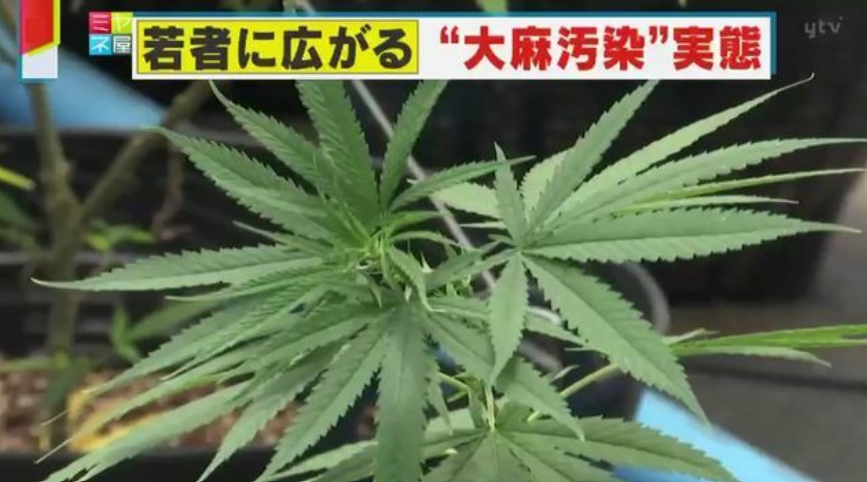Right now, the issue of “cannabis contamination” continues to grow among young people. Reportedly, 70% of those arrested are under 30 years old. Incidents of students in high schools and universities nationwide being apprehended on suspicion of involvement with cannabis are on the rise. What’s causing the spread of cannabis among young people, and where are they getting it? Hironobata Tooru, former head of the Narcotics Enforcement Division at the Ministry of Health, Labour and Welfare, explains.
In recent years, the number of people arrested in relation to cannabis has been steadily increasing, reaching 5,546 in 2022, more than three times the figure from a decade ago. Those under 30 make up about 70% of these arrests and their numbers are also rising. The Japan University American Football Team has seen two members arrested on charges related to the possession and transfer of cannabis. Furthermore, incidents involving students from high schools and universities across the country being arrested on suspicion of involvement with cannabis are becoming more frequent. When it comes to how these young individuals are acquiring cannabis, 36.3% point to the internet, while 49.5% claim to have obtained it from friends or acquaintances.
Q: Do young people today have a low sense of guilt regarding cannabis? (According to Hironobata Tooru, former head of the Narcotics Enforcement Division at the Ministry of Health, Labour and Welfare) “There’s hardly any sense of guilt. They seem to have a perception that ‘cannabis doesn’t have usage-related offenses,’ so they think it’s okay to use.”
Q: We hear about cannabis cultivation taking place indoors. Is that the case? (Hironobata) “I think it’s happening in several places in Osaka Prefecture. The smell is a giveaway, and it’s a common reason for discovery. Even with ducts and ventilation to direct the odor far away, it still lingers. We often make arrests based on reports of these odors and information from informants.”
Q: Many seem to obtain it through the internet. Is there no way to prevent this? (Hironobata) “We have made many arrests related to internet-based crimes, but they keep changing their modus operandi. Once you make a purchase, subsequent transactions often take place over the phone.”
Q: Cannabis is sometimes referred to as a gateway drug. Once people start using cannabis, are they more likely to get addicted to other drugs like MDMA or cocaine? (Hironobata) “They do get addicted. Sellers often give other drugs as ‘extras’ to those who buy cannabis. This happened even at Nihon University.”
Q: Does this lead to addiction to more potent drugs, higher prices, and an inability to quit? (Hironobata) “It leads to addiction. It’s interesting that different drugs have different effects, and some experiment by mixing two drugs. They then share their experiences with friends, who become interested and also become drug users.”
Currently, the Japanese government is deliberating on a proposed amendment to the “Cannabis Control Act.” The amendment has two main points. The first is to “recognize the use of medical products derived from cannabis.” Certain components found in cannabis have anti-epileptic and anti-anxiety properties. The second point is to establish a new “act of applying cannabis, etc.” to strengthen enforcement. Under the current Cannabis Control Act, illegal possession, cultivation, transfer, import, and export are subject to penalties. After the amendment, cannabis use will also become a punishable offense to prevent abuse.
Q: So, until now, there was a misconception that possession is arrestable, but using it isn’t, is that right? (Hironobata) “Before using cannabis, there is ‘transfer’ and ‘possession,’ so they are compounding their offenses. Furthermore, adding an ‘act of applying’ should act as a deterrent.”
